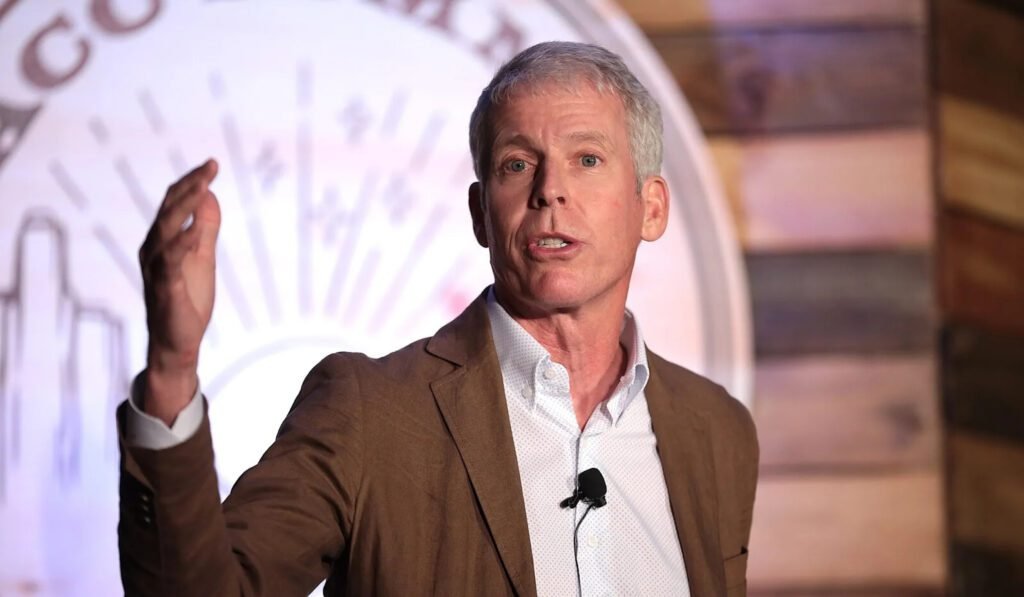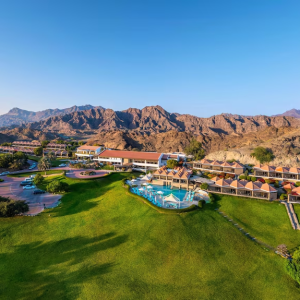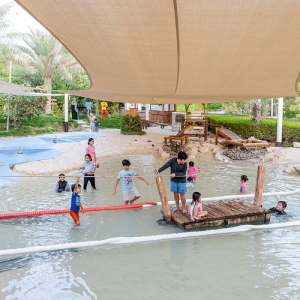In a significant move reflecting deepening global concerns over energy security, U.S. Energy Secretary Chris Wright has embarked on a high-level diplomatic tour across the Middle East. The nearly two-week visit, which includes stops in the United Arab Emirates (UAE), Saudi Arabia, and Qatar, is aimed at bolstering efforts to stabilize global oil supply and reinforce cooperation with key energy-producing nations. As energy markets fluctuate due to geopolitical tensions and evolving global demand, Secretary Wright’s mission carries immense importance not just for the United States, but also for global economic resilience.
A Timely Mission Amid Market Uncertainty
The timing of Secretary Wright’s visit could not be more pivotal. The global oil market has recently witnessed significant volatility, with prices dipping toward a four-year low. These developments come amid ongoing sanctions on oil-producing countries like Iran, Venezuela, and Russia—restrictions that have constricted global supply channels and led to heightened anxieties among importing nations.

Recognizing the need to secure a balanced and reliable energy supply, Secretary Wright’s mission is grounded in the belief that sustained cooperation with Gulf nations will be essential to mitigate further disruptions. The visit also serves to reassure international stakeholders that the U.S. remains committed to energy diplomacy and long-term energy investment strategies.
Key Objectives of the Middle East Tour

The agenda of Secretary Wright’s Middle East tour encompasses several strategic goals:
- Stabilizing Global Oil Supplies
The cornerstone of Wright’s tour lies in encouraging Gulf partners, especially OPEC heavyweights like the UAE and Saudi Arabia, to take coordinated steps toward stabilizing global oil supplies. As the U.S. works to reduce its reliance on energy from sanctioned nations, it views the Gulf as a reliable alternative to meet its energy demands. Wright is expected to urge partners to maintain or potentially increase oil output to cushion any supply shortfalls and prevent sharp market fluctuations. - Enhancing Investment Partnerships
Investment in the energy sector, particularly in infrastructure, manufacturing, and clean energy, is also high on the tour’s agenda. The UAE, for instance, has already committed to a $1.4 trillion investment framework in U.S. industries, including artificial intelligence, semiconductor production, and energy systems. Wright’s visit will further explore how these investments can expand to benefit both American and Emirati economies. - Nuclear Energy and Non-Proliferation
Wright is expected to visit the UAE’s Barakah nuclear power plant during his stay, a move signaling U.S. interest in supporting peaceful nuclear energy initiatives while reinforcing non-proliferation norms. With Saudi Arabia showing increased interest in developing nuclear energy, discussions will likely focus on ensuring transparency, compliance with international safeguards, and the peaceful application of nuclear technologies. - Energy Innovation and Green Transition
While the tour primarily centers on conventional oil diplomacy, Wright’s delegation is also slated to discuss clean energy transition pathways. With the global shift toward renewables gaining momentum, the U.S. aims to encourage Gulf nations to adopt hybrid models—expanding oil production while simultaneously investing in cleaner energy sources like hydrogen, solar, and carbon capture technologies.
Wright : Strategic Stops and High-Level Meetings
In the UAE, Wright will hold meetings with top officials from the Ministry of Energy and Infrastructure, ADNOC (Abu Dhabi National Oil Company), and other major players in the region’s energy space. These discussions are expected to touch upon both current output levels and long-term collaboration in oil and gas exploration, refining, and export strategies.
Saudi Arabia, the de facto leader of OPEC, represents the centerpiece of the tour. Wright will meet with Saudi Energy Minister Prince Abdulaziz bin Salman to discuss market coordination, oil pricing strategies, and potential U.S.–Saudi partnerships in both hydrocarbons and green energy research.
In Qatar, Secretary Wright will focus on natural gas markets—particularly liquefied natural gas (LNG)—given the country’s growing role in supplying Europe and Asia. Talks will likely address how Qatari LNG production can complement U.S. efforts to secure alternative gas supplies for allied nations.
Recent Developments in U.S. Energy Diplomacy
Wright’s trip follows closely on the heels of renewed U.S. diplomatic engagement with Iran, as President Donald Trump recently announced his administration’s intention to open direct negotiations over Iran’s nuclear program. While talks with Iran may offer a long-term pathway to reintegrate Iranian oil into global markets, in the short term, Washington is doubling down on partnerships with Gulf allies to maintain stability and affordability in energy pricing.
Earlier this month, Wright met with Israeli Energy Minister Eli Cohen in Washington, where they discussed the prospect of launching regional energy projects. One such proposal includes a potential pipeline linking Saudi Arabia and Israel, which could facilitate the transport of Gulf oil to European markets via the Mediterranean, bypassing critical chokepoints such as the Suez Canal or the Strait of Hormuz.
U.S.–UAE Energy Cooperation: A Strong Model
The UAE has long been a dependable partner to the U.S. in energy collaboration. With advanced oil refining capabilities, a commitment to innovation, and growing investments in renewable energy, the UAE stands out as a model for balancing tradition and transformation. Projects such as Masdar City, ADNOC’s decarbonization efforts, and the development of hydrogen infrastructure exemplify the UAE’s vision for a diversified energy future.
Wright’s visit will likely reinforce this bilateral relationship, opening new avenues for joint ventures in fossil fuels, nuclear safety, energy storage, and digitalization of energy systems. Discussions around cybersecurity in energy infrastructure and critical supply chain resilience are also expected, given recent global concerns over sabotage and cyber-attacks in the energy sector.
Implications for Global Energy Markets
Should the tour succeed in its objectives, global markets could see greater confidence restored, especially in oil-importing nations. A unified message from Gulf nations and the U.S. could send a signal of stability, potentially calming volatile price patterns. Additionally, clearer cooperation on nuclear and green energy projects may provide longer-term sustainability options for economies shifting away from fossil fuels.
Conclusion
U.S. Energy Secretary Chris Wright’s ambitious tour of the Middle East reflects a proactive, strategic approach to ensuring global energy security at a time of great uncertainty. By reinforcing partnerships with leading oil producers such as the UAE, Saudi Arabia, and Qatar, the U.S. is not only aiming to stabilize oil supply but also laying the groundwork for collaborative innovation and transition in the energy sector.
The tour is likely to produce impactful agreements and alignments, with the UAE at the center of many discussions due to its dynamic energy strategy. As the world continues to grapple with the energy challenges of the 21st century, such diplomatic engagements may well shape the future of global energy cooperation.
Do follow Uae stories for more Updates
Clarity & Compliance: ADGM’s New Rules Redefine UAE Workforce Era












